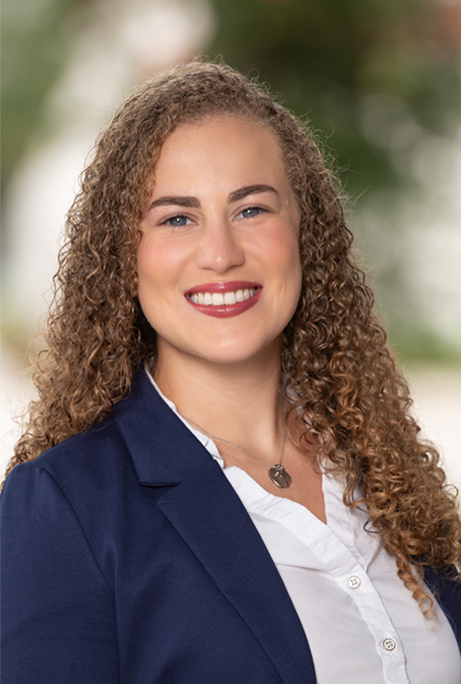Fellow Officer Hearsay in DUI Motion to Suppress Hearings in Tampa, FL
Perhaps one of the most important cases for DUI defense to be decided recently is Bowers v. State, 23 So.2d 767 (Fla. 2d DCA 2009). The attorneys at the Sammis Law Firm were not involved with the Bower case but we are discussing it here because it impacts the law related to DUI defense in Florida.
During motions to suppress, as well as formal review hearings with the Department of Highway Safety and Motor Vehicles, hearsay is often considered. It is important to object to any witness attempting to testify about what another witness said. This discussing involves the so-called “fellow officer rule.”
In Bowers, the defense attorney filed a motion to suppress in a DUI case. At the motion to suppress hearing the officer that conducted the stop did not testify. Instead, the prosecutor called the arresting officer to testify about what he was told about the reason for the stop by the other officer under the so-called “fellow officer rule.” The trial court was troubled by the lack of evidence about the specific reasons for the stop and granted the motion to suppress.
The State of Florida appealed the trial court’s decision and a circuit appellate court reversed the trial court. The defense then appealed that decision up to the Second District Court of Appeals. which granted certiorari. The Second District Court of Appeals in the Bower decision ultimately reversed the circuit appellate court and upheld the original decision made by the trial court.
In doing so, the Bowers Court found that the “fellow officer rule” is not a rule of evidence that can be used to circumvent the rules of evidence because it is not one of the listed exceptions to the hearsay rule. Florida Rule of Evidence 90.802 states hearsay is not admissible except in certain listed circumstances codified by the other provisions of the rules of evidence. The “fellow officer rule” is a concept that dates back to common law but has never been codified into the rules of evidence. If the proper objections are raised, it can be shows that the typical way that the courts admit “fellow officer evidence” actually violates the existing rules under a hearsay, relevance, or Confrontation clause standard.
Often in these cases, the prosecutor will answer the hearsay objection by saying, “Hearsay is admissible in motion to suppress hearings.” However, Florida includes suppression hearings as a critical stage of a criminal proceeding. In fact, in State v. Sigerson, 282 So.2d 649 (Fla. 2d DCA 1973), the Second District Court of Appeals upheld the trial courts decision to grant a motion to suppress when the only witness called by the prosecutor admitted that he had no personal knowledge about the facts in the case. In doing so, the Sigerson court recognized that:
“The hearing on the motion to suppress, while not deciding the guilt of innocence of the appellee, is clearly a critical stage of the prosecution and the confrontation clause of the Sixth Amendment to the United States Constitution guarantees an accused in a criminal case the right to confront the witnesses against him.”
During a motion to suppress hearing, the DUI defense attorney must be careful to properly preserve the record for appeal anytime the prosecutor attempts to admit “hearsay testimony” even under the fellow officer rule. Not only should a hearsay objection be entered, but the DUI defense attorney should also object that the testimony is irrelevant because under Florida Rule of Evidence 90.604:
“except as otherwise provided in 90.702, a witness may not testify to a matter unless evidence is introduced which is sufficient to support a finding that the witness has personal knowledge of the matter. Evidence to prove personal knowledge may be given by the witness’s own testimony.”
Preserving the record with any hearsay, relevance or Confrontation Clause objections is particularly important in motion to suppress hearings because the law is not well-settled in this area. In many cases, allowing another witness to testify about out of court statements denies the defense any meaningful opportunity to test the evidence being considered.
Conclusion
The criminal defense attorneys at the Sammis Law Firm represent individuals charged with DUI and other serious driving offenses in Tampa, Hillsborough County, Florida.
Topics: Fellow Officer Rules in Florida DUI Cases, Hearsay in Florida DUI Cases, Florida Rules of Evidence
Free Consultation
Submit this form to request a free and confidential consultation with one of our attorneys.
Our Office Locations
Tampa Office:
Sammis Law Firm, P.A.
1005 N. Marion St.
Tampa, FL 33602
(813) 250-0200
New Port Richey Office:
Sammis Law Firm, P.A.
7509 Little Rd.
New Port Richey, FL 34654
(727) 807-6392
Clearwater Office:
Sammis Law Firm, P.A.
14010 Roosevelt Blvd. #701
Clearwater, FL 33762
(727) 210-7004







